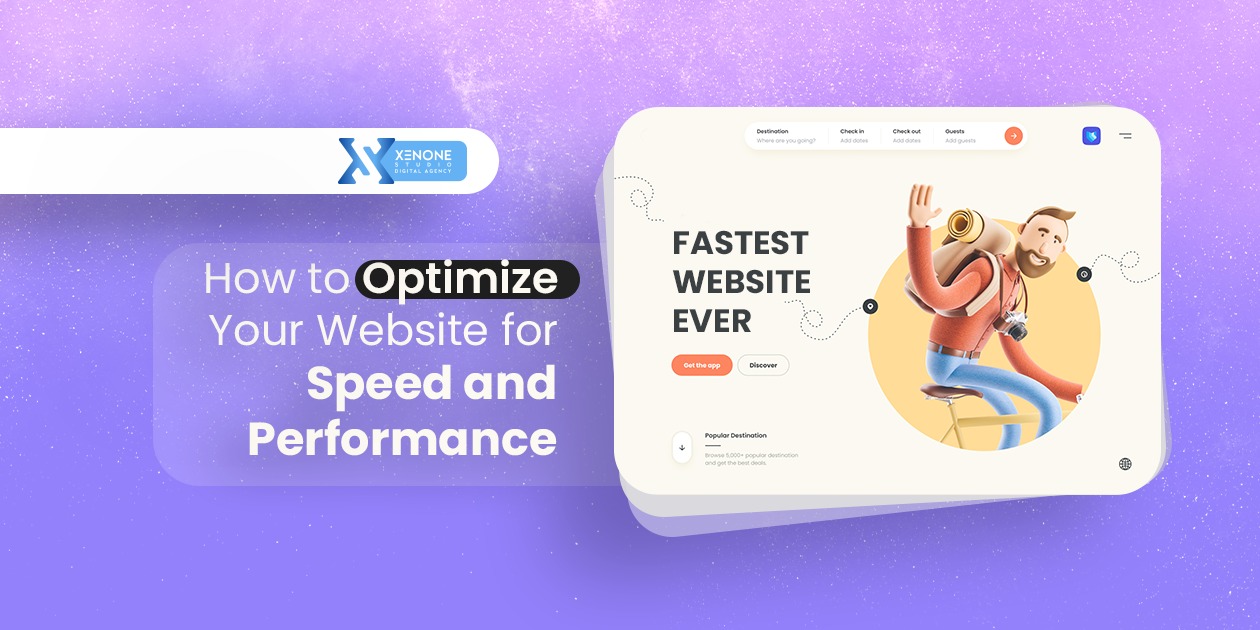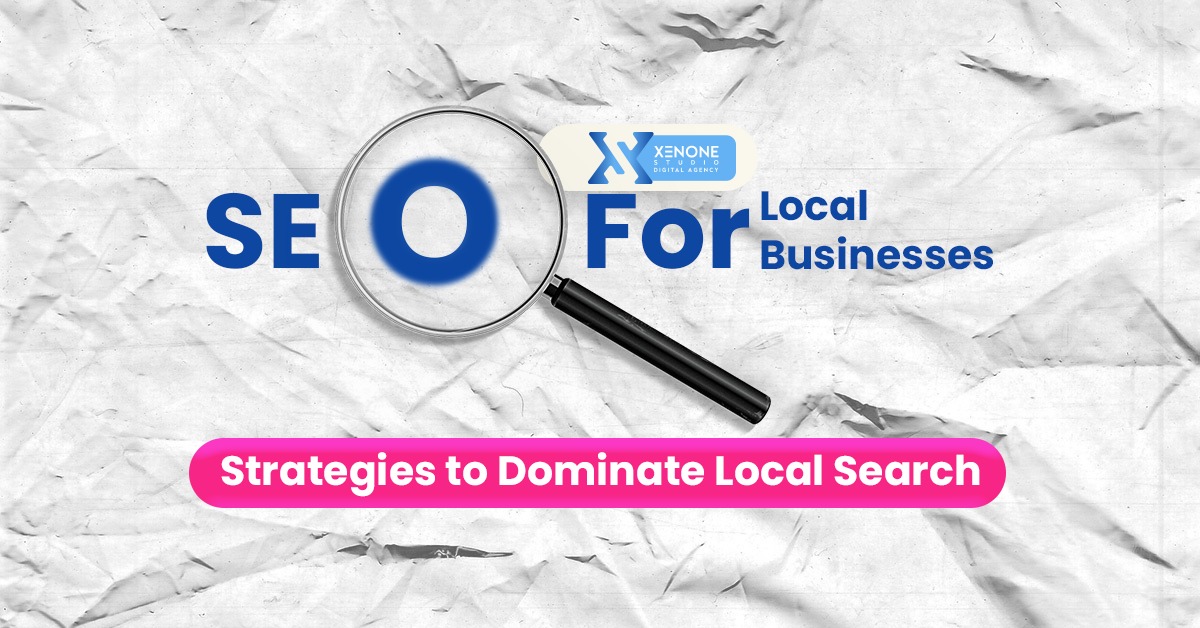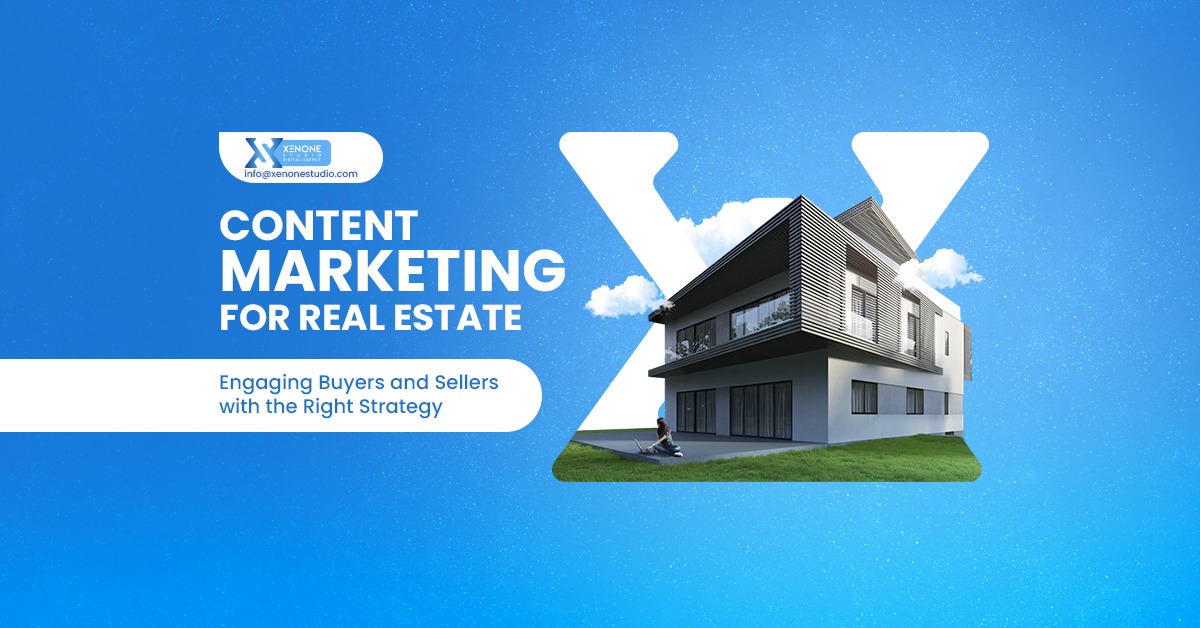Brand Visibility: Top Tips for Success
Standing out in the competitive real estate market is more challenging than ever. With countless agencies and independent professionals vying for attention, ensuring your brand gets noticed is crucial for long-term success.
Thanks to the rise of digital platforms, real estate businesses now have unprecedented opportunities to connect with potential clients and showcase their unique value propositions. But how do you strategically position yourself in this crowded space?
This comprehensive guide will walk you through actionable strategies to maximize your real estate brand’s visibility and help you turn prospects into loyal advocates.
Why Brand Visibility Matters in Real Estate
Building Trust and Credibility
A visible brand is a trusted brand. When buyers and sellers see consistent messaging, recognizable branding, and evidence of success, they’re more likely to take you seriously. Visibility fosters credibility, positioning you as an industry leader in the minds of potential clients.
Impact on Lead Generation
Brand visibility directly influences lead generation. According to a National Association of Realtors study, 91% of home buyers begin their search online. If your brand isn’t visible at the right touchpoints, you risk missing out on a significant number of leads.
A Real-World Example
Consider how Zillow has become a household name for real estate buyers and sellers alike. By investing heavily in online presence, SEO, and user-friendly tools, Zillow has set the gold standard for real estate visibility. This same principle can be scaled down for niche or local players looking to dominate their market.
How to Optimize Your Online Presence to grow your Brand Visibility
Your online presence is often the first place potential clients encounter your real estate brand. Ensure that encounter is memorable and professional.
Create a Mobile-Friendly Website
The majority of online traffic comes from mobile devices, so having a fast, responsive website is non-negotiable. Your site should load quickly, offer intuitive navigation, and feature visually appealing designs. Here’s a quick SEO checklist specifically for real estate websites:
-
- Use keywords like “homes for sale in [City]” and “real estate agents near me.”
-
- Integrate schema markup for listings to improve search engine rankings.
-
- Optimize images and videos for faster load times.
Harness the Power of Local SEO
Local SEO is a game-changer for real estate professionals targeting specific regions.
-
- Google My Business: Claim and optimize your profile to ensure potential clients find accurate information about your business.
-
- Location-Specific Keywords: Use phrases like “luxury condos in Miami” or “family homes in Austin” to rank higher.
-
- Backlinks from Local Directories: Reach out to local business directories to build credible backlinks that boost your search engine presence.
Leverage Social Media Platforms for Brand Visibility
Social media has become an essential element of real estate marketing, offering ways to engage with potential clients and build your community.
Choose the Right Platforms
Not all social media platforms are created equal for real estate. Focus on:
-
- Instagram for eye-catching property listings and virtual tours.
-
- Facebook for fostering local community engagement.
-
- LinkedIn for connecting with industry professionals and showcasing expertise.
Content Strategy
Keep your content varied and engaging:
-
- Post new property listings, including high-quality photos and videos.
-
- Share success stories and testimonials from satisfied clients.
-
- Create market insights to establish yourself as a knowledgeable authority.
Engagement Tips
-
- Promptly respond to comments and direct messages to build trust.
-
- Host live Q&A sessions on local market trends or home-buying tips.
-
- Use Stories and Reels on Instagram to share behind-the-scenes snapshots.
Invest in Paid Advertising for Brand Visibility
Even with excellent organic strategies, paid advertising can give your brand the boost it needs.
Google Ads
Search ads targeting phrases like “best real estate agents in [City]” can put your brand in front of motivated leads. Display ads can showcase your properties with visually stunning ads on relevant websites.
Social Media Ads
Platforms like Facebook and Instagram offer robust targeting options based on demographics, location, and interests. Create visually impressive ads to stay top-of-mind with your audience.
Retargeting Campaigns
Sometimes potential clients need a gentle nudge. Retarget website visitors with ads to remind them about your services, listings, or special offers.
Build a Strong Content Marketing Strategy to grow organic Brand Visibility
A well-planned content marketing strategy can drive organic traffic and appear genuinely helpful to potential clients.
Blogging for Real Estate
Regular blog posts can help you educate and attract a variety of clients. Suggested topics include:
-
- “5 Best Neighborhoods for Young Families in [City].”
-
- “How to Stage Your Home to Sell Faster.”
-
- “Real Estate Market Trends for 2024.”
Use long-tail keywords strategically to improve your chances of ranking on search engines.
Video Marketing
Video is one of the most effective tools for real estate branding:
-
- Showcase properties with stunning walkthrough videos.
-
- Share expert tips or market forecasts on platforms like YouTube.
Email Marketing
Personalized email campaigns can help you nurture leads and keep past clients engaged:
-
- Send updates about new listings.
-
- Offer tips on navigating the real estate market.
-
- Include exclusive deals or offers for repeat clients.
Partner with Influencers and Industry Leaders for Brand Visibility
Building relationships within the industry can significantly enhance your Brand Visibility.
Collaborate with Local Influencers
Local influencers with an engaged audience can help you reach potential clients who may not have otherwise known about your services.
Sponsor Community Events
Becoming a sponsor at local events shows you care about the community and can build goodwill, which translates into brand trust.
Highlight Strategic Partnerships
Work with industry professionals like mortgage brokers or interior designers to offer a one-stop-shop experience for your clients.
Monitor Trends and Adapt
The real estate industry is constantly evolving. Staying agile will help you maintain long-term relevance.
Stay Updated with Industry Trends
Keep an eye on advancements in technology, such as AR/VR property tours and blockchain-based transactions for real estate.
Test Innovative Strategies
Experiment with new marketing techniques like NFTs for property ownership or interactive tools to engage clients.
Track, Measure, and Adjust
To ensure your strategies are working, regular evaluation and refinement are crucial.
Monitor Key Metrics
Use tools like Google Analytics, SEMrush, and Hootsuite to measure:
-
- Website traffic
-
- Social media engagement
-
- Leads generated
Refine Your Approach
Based on your data, identify areas for improvement. For instance:
-
- Is your website underperforming? Revisit your SEO strategy.
-
- Low engagement on socials? Modify your content to reflect your audience’s preferences.
Take Action to Stand Out
Standing out in today’s competitive real estate market requires a multi-faceted approach. From optimizing your online presence to leveraging paid advertising and staying ahead with innovative trends, your brand visibility strategy should combine creativity, practicality, and adaptability.
Get started with these strategies today to position your real estate brand for long-term success. The future of your business begins now!







